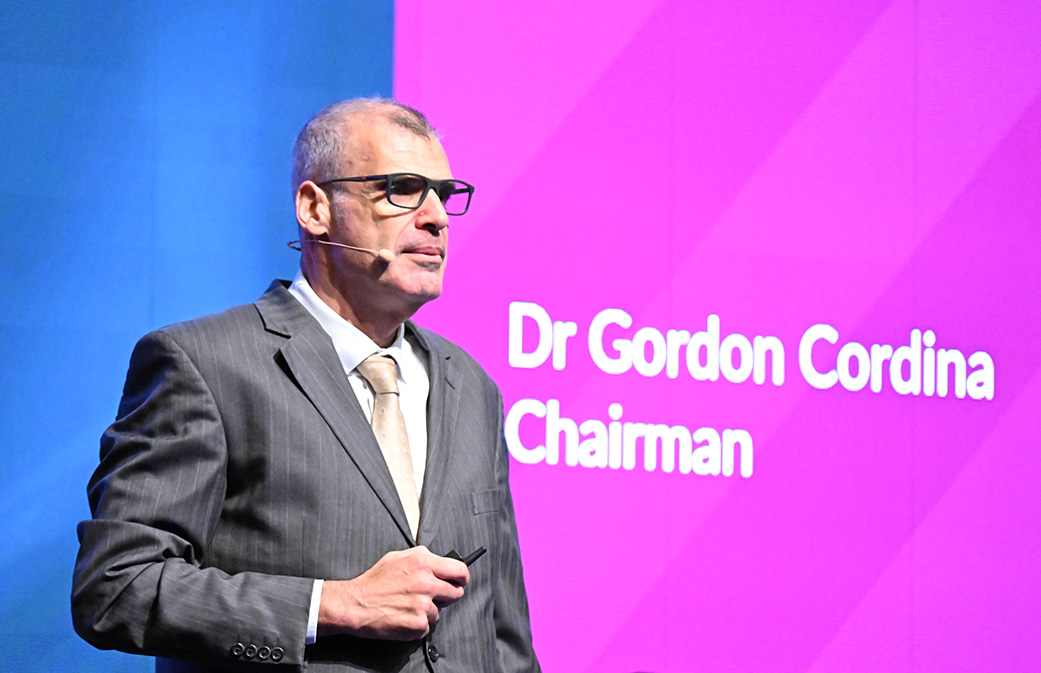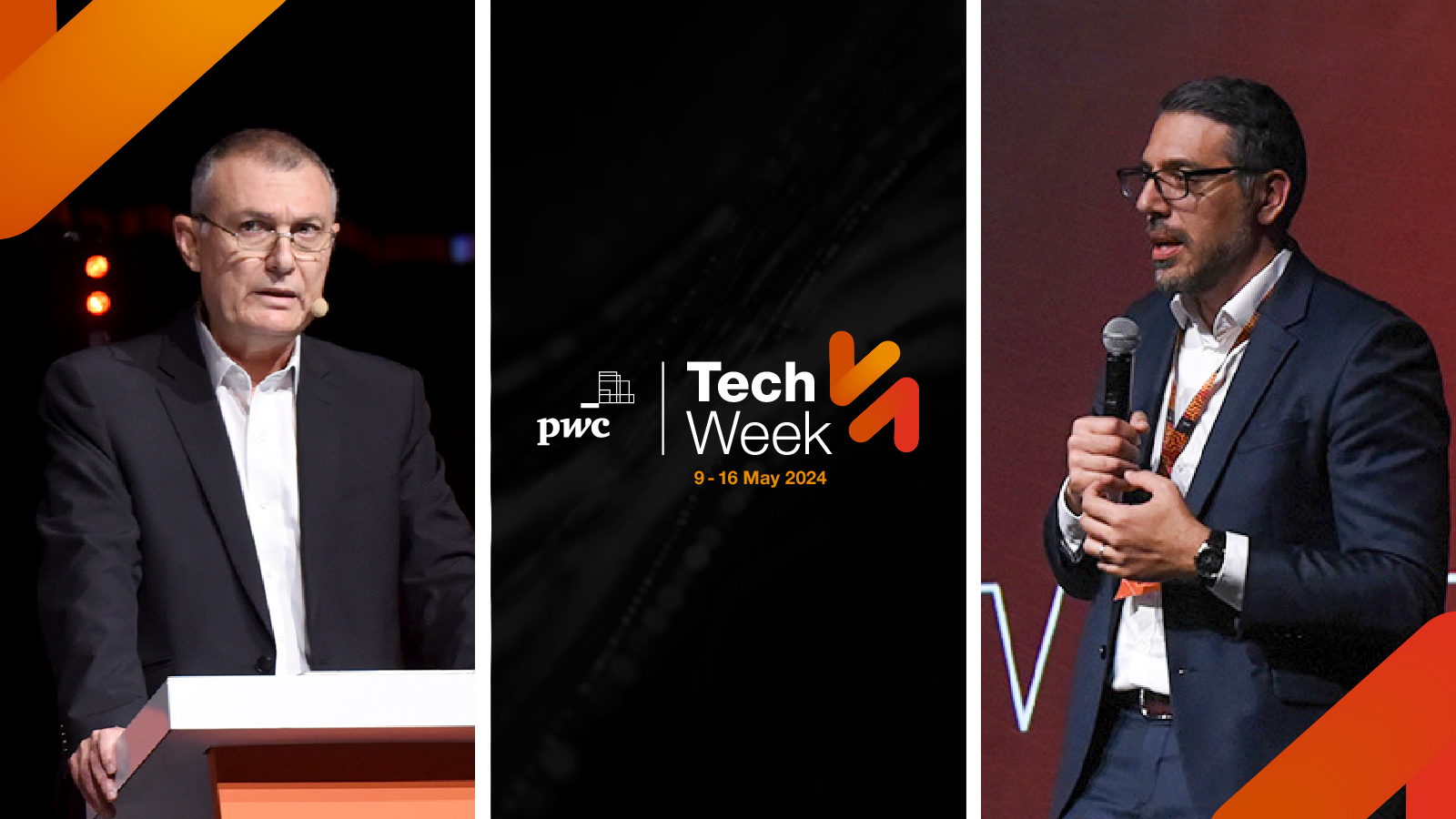Additional digital services also enhanced
In a bid to continue refining the service it offers to customers, Bank of Valletta recently introduced further improvements to a number of customer-facing touchpoints across Malta and Gozo. These improvements provide more flexible solutions that positively impact the customer experience from the Bank’s branch network, while at the same time improving a number of digital services.
Enhanced Opening Hours from fourteen locations
During the past weeks, BOV introduced longer opening hours in a number of additional branches, bringing the total number to fourteen. Fgura, Marsaskala, Naxxar, Santa Venera, Qormi, Żebbuġ and Żejtun have been added to the other branches that already offered such services, namely Buġibba, Mosta, Paola, San Ġwann, Sliema, Victoria and Żurrieq.
All the branches offering extended hours accept different banking requests, including updating personal details, investments, home and personal loan applications, credit cards, account opening and other general queries except cashiering. This service is being offered every Thursday until 6 pm.
The largest fully functional ATM fleet across Malta and Gozo
Apart from recognising the importance that some of the Bank’s customers give to physical interaction, the Bank remains committed to upgrading and improving its existing ATM fleet, which is the largest fully functional fleet across Malta and Gozo offering both cash withdrawal and instant deposit-taking services, transfer between accounts, mobile top-up for all major mobile network providers in Malta and real-time statement and balance queries amongst other services.
Late last month BOV installed a new deposit-taking ATM in Xagħra, strengthening BOV’s presence in Gozo and bringing the total number of Bank ATMs to 94. Several important enhancements are also in the pipeline. The Bank is in the process of replacing 29 of its current ATMs with new, modern, and faster machines. In the medium term, the majority of the BOV ATMs will start accepting contactless technology, and the Bank also envisages gradually rolling out new ATMs that accept bulk deposits.
Online Booking System for all Branch Appointments
Following a highly successful trial period, an online booking system for Branches is now available across the Bank’s entire network. Through this booking system, customers who wish to make an appointment with any BOV Branch can do so easily and comfortably, without having to call or personally visit a branch.
The online booking system available through https://myappointment.bov.com offers many user-friendly and convenient features. It allows users to identify available time slots within the calendar of their preferred Branch, select the desired time, input details, and confirm the appointment. Users can also modify appointments made and set up automated notifications and reminders. The online booking system caters for appointments for all banking services including during the extended service on Thursday evenings.
Speaking about these enhancements, BOV’s Head of Personal Banking Channels, Mr Geoffrey Ghigo said “We recognise that some customers prefer the personal touch, while others prefer remote and online banking services. Our strategy for the current three-year period revolves around our customers and their preferences, through innovation across these various touch points. It is interesting to note that our ATMs currently process 62% of all ATM cash withdrawals and 42% of all ATM cash deposits in Malta. By enhancing our ATM network, extending opening hours and introducing innovative solutions, we continue to deliver on our promise to elevate the customer experience across all the Bank’s touchpoints, be it physical, digital or hybrid”.












